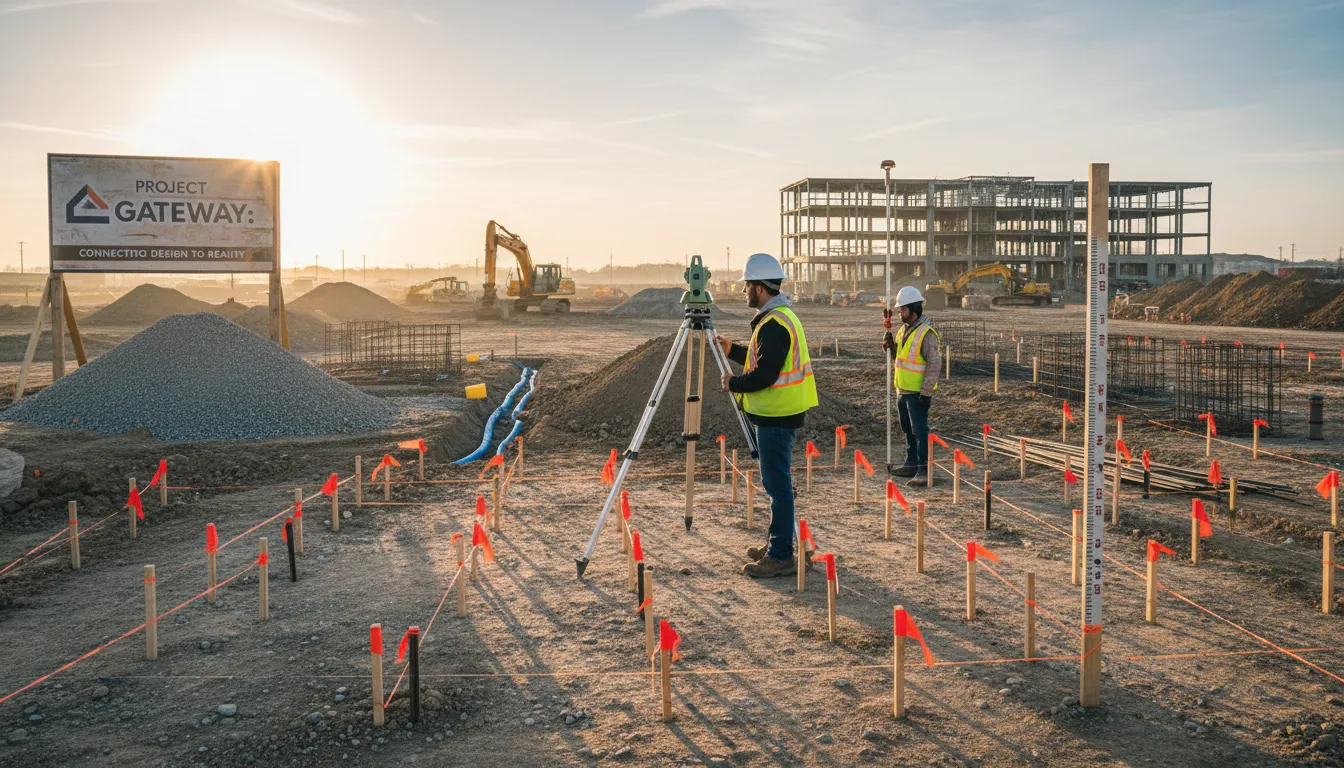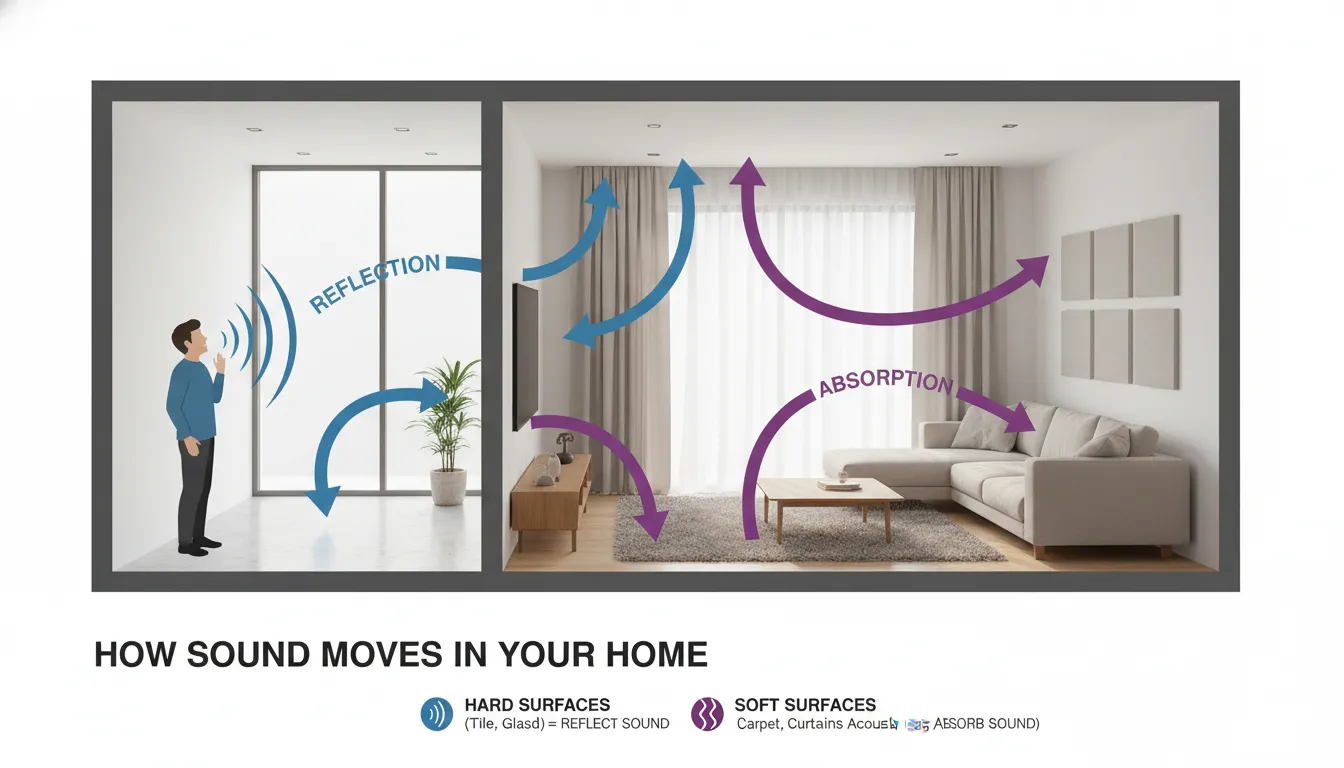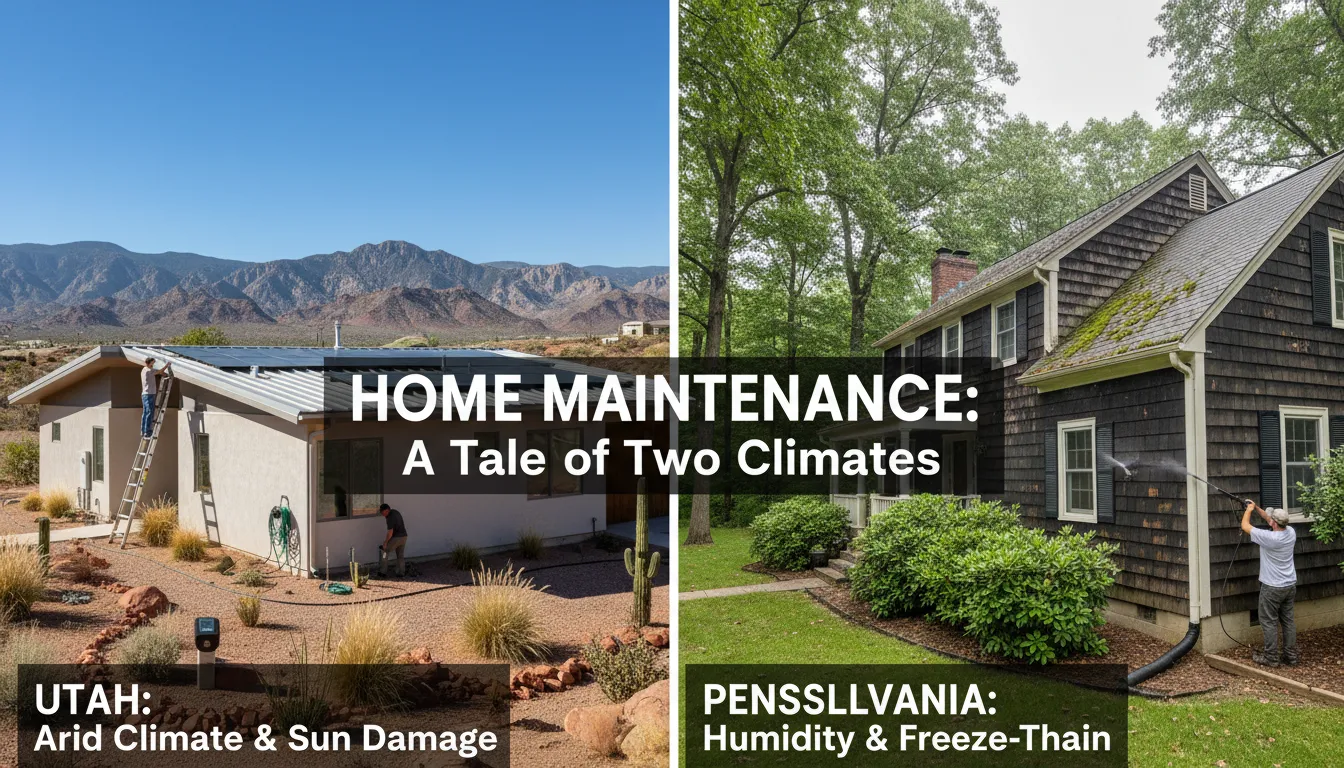Homeowners often underestimate the significance of their drainage systems when it comes to property value. The state of your drains can significantly influence the market appeal of your home. From unpleasant odors to severe plumbing issues, potential buyers can be put off by a myriad of drainage-related problems. Understanding these concerns is important for anyone looking to maintain or increase the value of their property. Let's explore some common drain issues that can negatively impact your home's marketability.

Slow Drains
Slow drains can signal hidden problems within the plumbing system that potential buyers may find concerning. When water lingers in sinks, tubs, or showers, it may indicate plumbing issues that require immediate attention. Homebuyers typically see slow drains as a red flag. They may wonder what might be lurking in the pipes that could lead to more expensive problems down the line. Even minor slow-drain situations can quickly escalate. Regular maintenance and prompt attention can alleviate these issues and help make your property more appealing to buyers. It’s advisable to monitor the speed at which your drains empty.
Simple solutions like using a drain snake or chemical cleaner can help in some cases. Severe blockages or buildup may need professional assistance. When potential buyers see a well-maintained drainage system, they feel assured about the quality of the home. The perception of a well-kept property can sway their purchasing decisions.
Odors from Plumbing
Unpleasant odors coming from your drains can deter prospective buyers, leaving them with a negative impression of the home. A foul smell typically points to trapped debris or stagnant water that has begun to decompose. Proper ventilation is important to mitigate these odors, which can often stem from various sources, including food particles or hair trapped deep within the pipes.
If odors are present, consider attempting some at-home solutions first, such as clearing any visible blockages or using baking soda and vinegar for a natural clean. If odors persist, it might signal a much deeper issue with your drainage system. It’s wise to seek professional help to determine if your drains are clogged and to properly address the root of the problem. Taking proactive steps to eliminate these unpleasant scents can enhance the appeal and marketability of your home.
Water Backups
Water backups are not merely inconvenient. They can damage your property and significantly lower its market appeal. Potential buyers are likely to associate water backups with poor drainage systems, raising concerns over potential water damage and mold growth. Addressing this issue promptly is essential to maintain your home’s value. Regular inspection and cleaning of your drainage system can go a long way in preventing these headaches. A backed-up drain usually indicates significant clogs within the system or problems within the municipal sewer lines.
Homeowners may find that tree roots or other external factors contribute to these backups. By investing in regular inspections and landscape management, you can prevent the potential damage that results from undiagnosed backups. Ensuring that your drainage system efficiently directs water away from your property can safeguard its structural integrity and keep it looking its best.
Explore Utah Real Estate
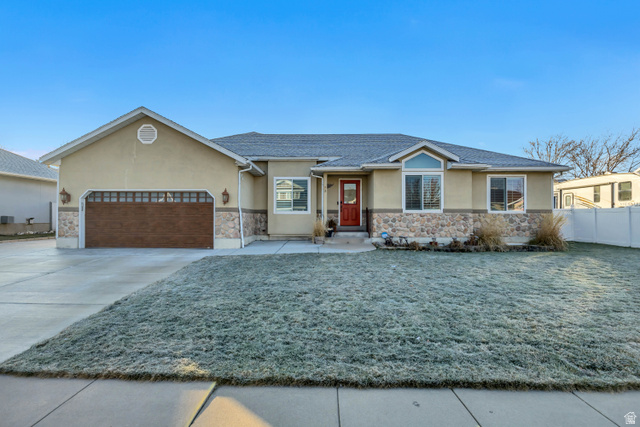
83 W 850 S, Centerville, UT
$815,000
Bedrooms: 5 Bathrooms: 3 Square feet: 3,999 sqft
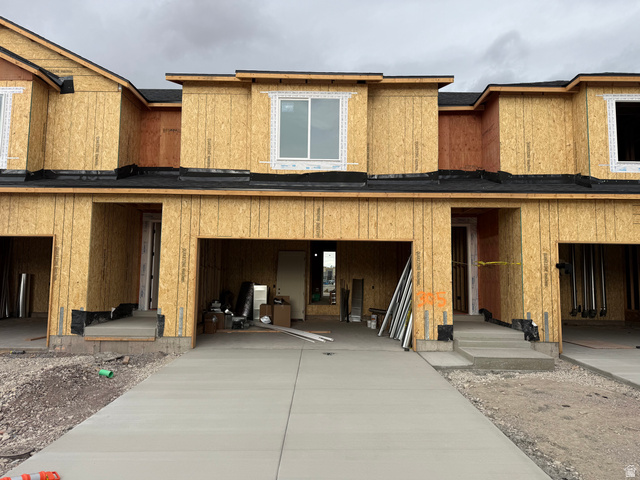
653 E RYEGRASS DR #305, Eagle Mountain, UT
$387,900
Bedrooms: 3 Bathrooms: 3 Square feet: 1,985 sqft

2031 N LAVA ROCK CIR #107, St George, UT
$4,185,000
Bedrooms: 4 Bathrooms: 5 Square feet: 5,404 sqft
Frequent Clogs
Frequent clogs can signal an ongoing issue that potential buyers will certainly notice. Regular blockage disrupts daily routines and can lead to frustration and additional costs for homeowners. A history of clogs suggests a poorly-maintained plumbing system, which can raise red flags for cautious buyers. Clearing drains may offer a temporary fix, but it does not address the underlying causes.
Addressing frequent clogs can involve a combination of methods. Routine maintenance checks, preventative measures, and even modern plumbing technology can aid in keeping pipes clean and functioning. When a homeowner takes the time to keep their drains clear, it creates trust with potential buyers. Ensuring no hidden problems exist shows that the seller has cared for their property and that it is safe and functional.
Mold and Mildew
Mold and mildew often accompany faulty drainage systems. If water cannot exit your home correctly, it can accumulate in unventilated areas, leading to the growth of these unpleasant substances. They are unsightly and pose significant health risks as well. Potential buyers are wary of purchasing a home that harbors hidden mold, as remediation can be both expensive and challenging.
Maintaining a clean, dry area around drains will minimize the risk of mold growth. Ensure that any leaks or water pooling are promptly addressed, as these can become breeding grounds for fungi. Regular professional cleaning can help keep drains and surrounding areas free from the buildup that leads to such issues. Buyers will be far more prepared to make an offer on a home that showcases an inviting and healthy environment.
Structural Damage
Plumbing issues can lead to serious structural damage over time. Persistent leaks may impact the foundation, walls, or flooring of a home, raising significant concerns for buyers. Cracks in walls or a dodgy foundation are often telltale signs of extensive drainage problems. Home inspections will likely reveal such issues, negatively impacting the potential sale.
Preventive maintenance and timely repairs play a vital role in maintaining the structural integrity of your property. Homeowners should regularly audit their plumbing systems and fix any leaks promptly. A well-maintained plumbing and drainage system reflects positively on the property, making it more attractive to buyers looking for a secure and safe investment.
More Properties You Might Like
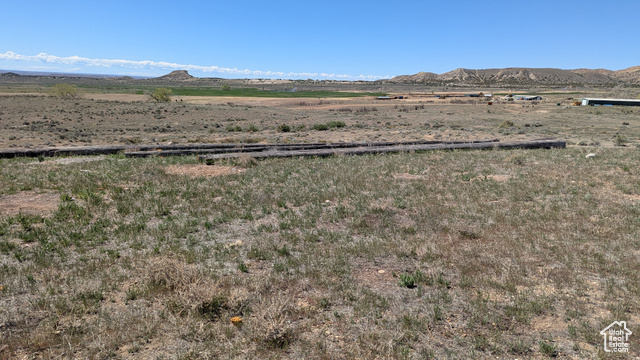
2098 E GOOSE RANCH RD, Vernal, UT
$103,000
Square feet: 274,864 sqft

2148 E GOOSE RANCH RD, Vernal, UT
$116,000
Square feet: 309,276 sqft

6668 S 3200 W, Spanish Fork, UT
$2,074,000
Bedrooms: 3 Bathrooms: 3 Square feet: 2,560 sqft
Poor Drain Installation
Poorly installed drains can lead to multiple issues, including inefficiencies and constant repairs. Buyers often feel hesitant to invest in a property where they perceive that important installations were not done correctly. Water flow problems, inadequate slope, or misaligned pipes can exacerbate drainage issues and lead to further costly repairs down the line.
Homeowners should ensure that all plumbing work is up to code, properly installed, and regularly inspected. Preventing these various concerns through solid installation practices will provide peace of mind for potential buyers. Proper documentation and evidence of professional installation can serve as valuable selling points.

The state of your home's drainage system plays a crucial role in its market appeal. By addressing common drainage concerns such as slow drains, persistent odors, and frequent backups, you create a welcoming atmosphere that attracts potential buyers. Training yourself to watch for plumbing problems and adhering to routine maintenance can safeguard your home’s value and enhance market perception. Investing in the health of your drainage systems has lasting benefits for your daily comfort and your home’s appeal.







